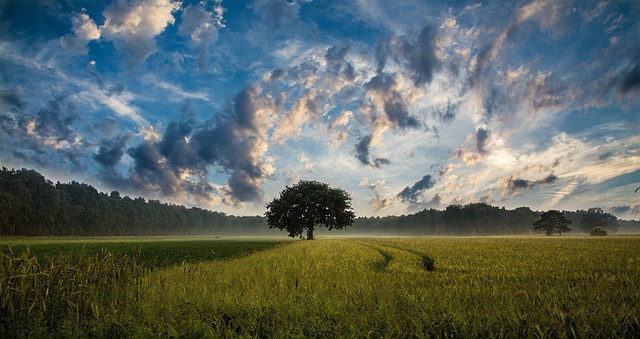With cellular agriculture in its infancy, urban agriculture is moving to the fore as the population of cities is predicted to explode. While vertical farming of plants in limited space has been around for some time, new research looking into the ‘vertical farming of seafood’ is being developed by CJBS affiliate and Harding Scholar, Broderick House.
As part of his PhD project at Cambridge’s Department of Zoology, House is looking at farming bivalves – mussels, oysters, and clams, specifically – within city boundaries. “In terms of sustainable food options, and from a food security standpoint, being able to expand bivalve farming from the coast and into cities means you have a safe environment to produce a highly nutritious and micronutrient-rich source of food,” he said. “As the levels of acidification and microplastics rise in our oceans, and more flooding washes increasing amounts of heavy metals and waste into the seas, it is an opportunity for the bivalve industry to be proactive in realising a promising solution to global food security and the alleviation of micronutrient deficiency.”
One of the biggest challenges, of course, is water consumption. The artificial aquaculture environment cannot fully compare to farming in the ocean, but by using advanced recirculating aquaculture systems, water use can be reduced, as only 10% of the water in the tank must be changed every day: “If you’re comparing it to traditional agricultural livestock – cows, pork, chicken, or even other forms of protein such as soya, that are farmed in fields, it uses much less water, and provides competing levels of protein,” said House.
While sustainability would, at first glance, need to be offset by building infrastructure to farm bivalves inland, there is the potential to repurpose existing buildings which would help decrease carbon emissions from transportation. House points out that the biggest carbon footprint in aquaculture is the feed for the livestock, and he is trying, in collaboration with Cambridge’s Algal Innovation Centre, to develop more sustainable options such as photosynthetic algae.
To help translate his research into the business world, House has been supported by the EnterpriseTECH and EnterpriseTECH STAR programmes at the CJBS Entrepreneurship Centre. “CJBS has been a fantastic resource and community,” he said. “The business ecosystem here has provided important tools to engage with industry leaders and parliament members in a constructive and informed way to help ensure my PhD research has a positive role in shaping the future of global food security.”

Leave a Reply